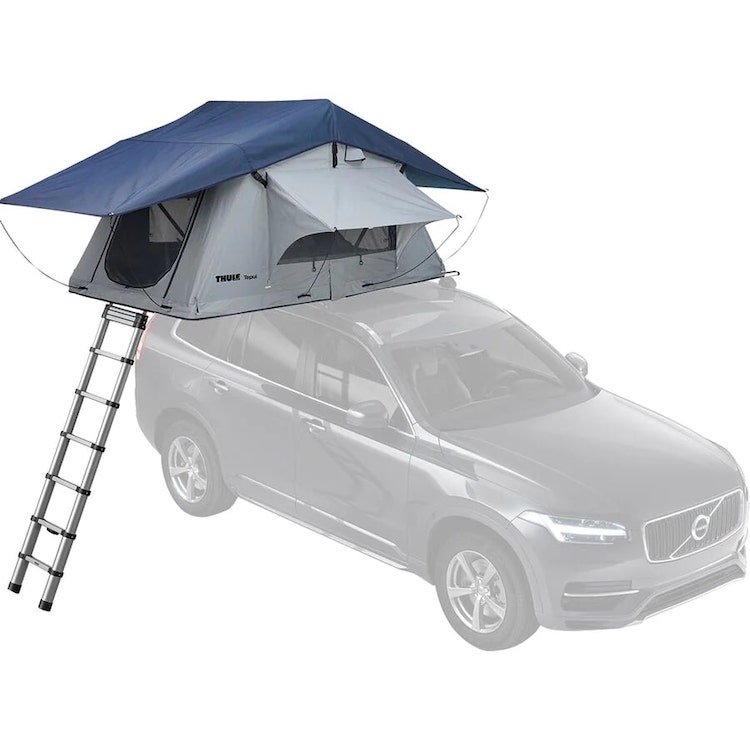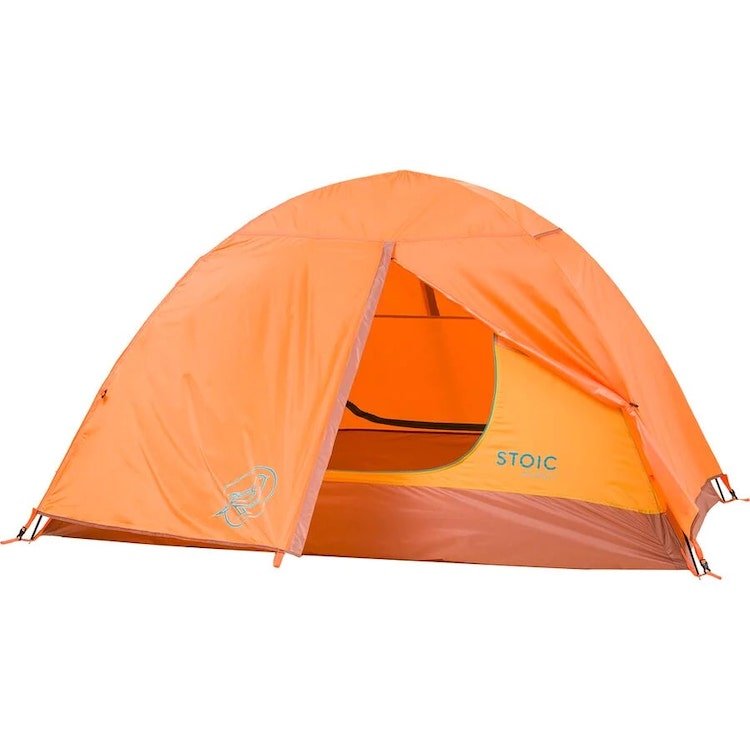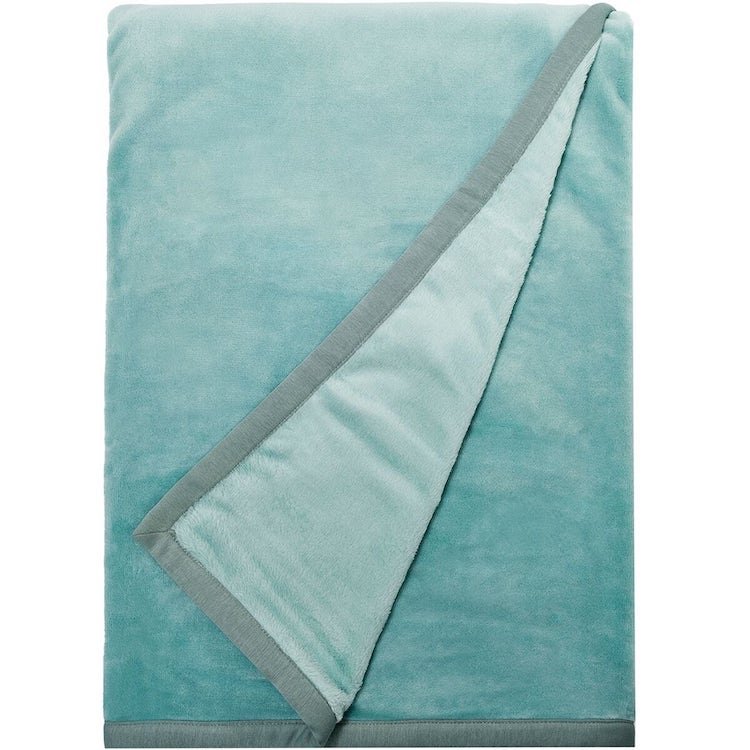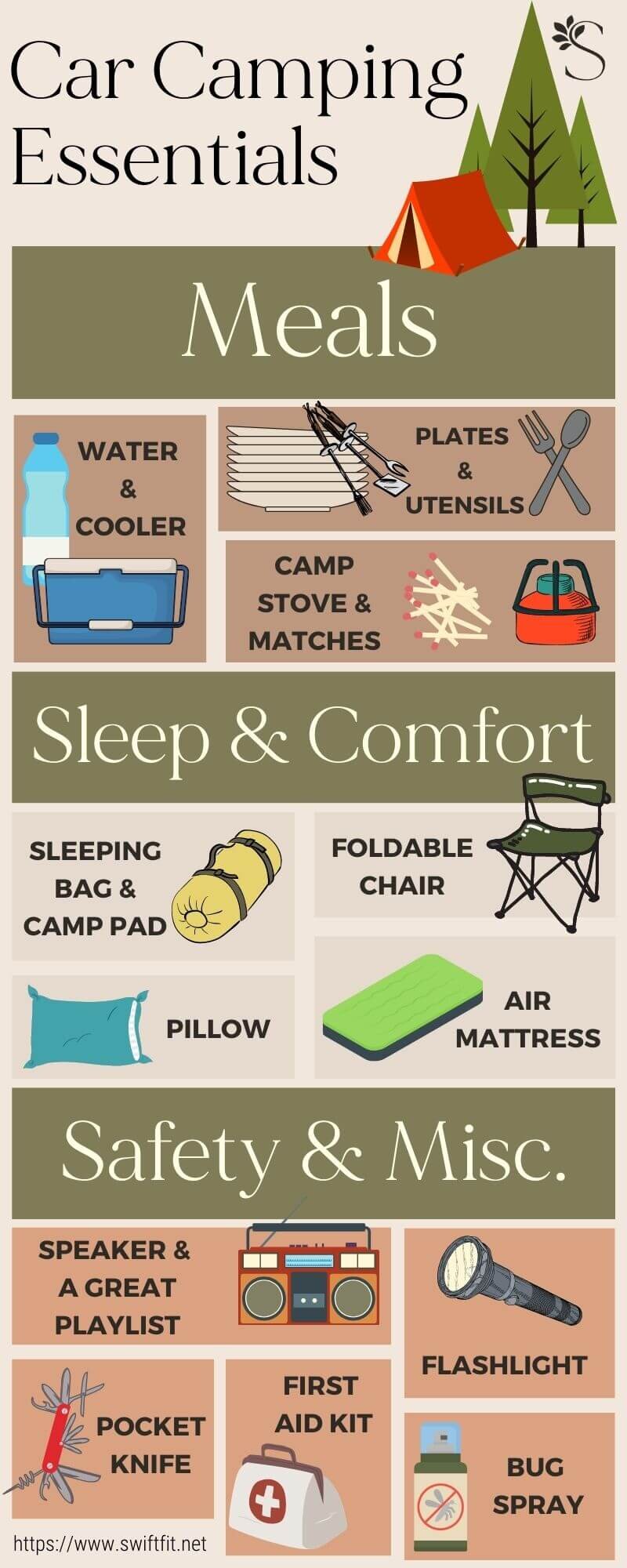32 Car Camping Essentials + Must-Know Tips Before Planning Your First Trip
This page may contain affiliate links. As an Amazon and Rewardstyle affiliate, we may earn a small commission for any purchases made through these links. Click here for the disclosure statement.
It is one thing to hike, roadtrip, and sightsee around beautiful natural monuments and parks—it is another to camp overnight in them. I get it; the concept of camping can be daunting if you haven’t done it before. Sleeping in “the middle of nowhere” can leave you feeling exposed, unsafe, or worried about bugs, animals, or encounters with strange people—there just seems so much left to the unknown and chance.
While it is somewhat true that you are at the mercy of the outdoors, with knowledge, awareness, appropriate gear, and minimal preparation, you can have a highly enjoyable and comfortable camping experience.
The most accessible and beginner-friendly form of camping is car camping. If you don’t have a ton of confidence in or experience with camping, car camping is a great opportunity to build some outdoorsy aptitude, while retreating into nature.
If you are looking for information on how to have a comfortable overnight experience and are excited to take the next step into spending a night or two in the great outdoors, read on!
What is Car Camping?
Car camping is any camping experience where you are able to drive your vehicle directly to your campsite—making it the most popular and accessible form of camping, as opposed to backpacking, canoe camping, or any other camping that doesn’t allow you direct access to your vehicle. Having your car near your campsite provides a great number of benefits.
Why is Car Camping Popular?
You can’t beat the convenience of car camping
Driving your car right up to your sleeping grounds makes for a very convenient and hassle-free night. It eliminates having to haul gear any distance, and you can bring any—and everything—you desire. There is such an extensive network of campgrounds throughout the United States that there is never a lack of camping destinations available to you. While campgrounds close to major cities can fill up quickly on weekends or holidays, you can book them in advance or choose a more remote campground to ensure a spot.
Car camping offers an in-depth experience of nature
Spending that precious quality time in nature gives you a more intimate experience with the outdoors and the area that you are exploring (or living) in. If you are checking out a national park you have always dreamed of visiting, choose to camp there instead of booking a room nearby, and find out for yourself that you will walk away with a deeper love for that area and far more memories (and maybe misadventures to laugh at).
Car camping offers far more levels of comfort than you could expect
You can bring all the comforts of home! You don’t have to pick and choose carefully what you bring on this camping trip, as opposed to backpacking, where you need to factor in the weight and size of every single item you carry. Fill your car up with the things that make you feel comfortable and happy—your favorite fluffy blankets and all the snacks. We will list the camping gear essentials below for you!
There is no overnight experience that is more affordable than camping
The cost of a campsite is normally between 10 and 20 dollars a night—far more affordable than any hotel. Car camping can also easily be free if you choose a dispersed campsite over a developed campground.
Camping is an opportunity to make the best memories with family and friends
Car camping is an activity and adventure in and of itself. You don’t need an excuse to try this out! It is a wonderful way to enjoy the outdoors, spend quality time with loved ones, and have a new learning experience with them. It is a great bonding experience and memory-maker.
Car camping offers safety
Having a getaway vehicle at hand can give you peace of mind if you need to abandon your campsite for any reason, whether it’s for bad weather or a medical emergency. Car camping also usually puts you in close proximity with other car campers, and neighbors are (usually) a positive; there’s safety in numbers!
Know Before You Go
Does your campground allow campfires? You will need to know this for food purposes (Are you cooking your dinner over the fire or bringing an easy-prep meal?), and also to know if you should bring kindling, firewood, and a fire starter.
Is it first-come, first-serve, or do you need to book the specific campsite in advance? It is not fun to pull up to a campground, exhausted from a day of hiking or traveling, just to see that it is completely full and out of luck. Research ahead of time if you should book the campsite, especially if you are looking to camp on a holiday weekend or at an extremely popular spot. Some campgrounds are only available on a first-come, first-serve basis, while others are booked weeks or months in advance, and others yet can be a mix.
Tips For A Great Car Camping Experience
Don’t leave your food outside
Keep all opened and unopened food and drink in a closed cooler inside your vehicle. This is to prevent any curious and hungry wild animals from being attracted to your campsite.
Set up a campfire
If the campground allows open fires, bring a propane-fueled camping stove! There are a ton of great options for camp stoves, and you can cook up an awesome array of your favorite camping food with these.
Bring warm clothing
Better safe than sorry! Temperatures can drop unexpectedly, especially if you are at a high elevation or in the mountains. Even if it is super hot during the day, be open to the possibility that it will be very cold at night. There is nothing worse than shivering in the cold all night and cursing your lack of foresight for low temperatures. Bring layers, heavy socks, thick sweatshirts and sweatpants, and a hat (depending on the season and state, obviously). Choose wool over cotton materials.
Lock your car
Whether a primitive or established campground, you should always lock your car. Bears have been known to be able to pull open car handles.
Do your best to arrive and set up your campsite before dark
This allows you to check out the area for safety, find the best camping spot, get to know your neighbors, make use of the daylight (as opposed to setting up a tent via lantern-light), know the campground rules, and navigate any bumpy back roads to the campground.
Leave behind technology
Turn off your phone or put it in airplane mode, bring a real book over a Kindle, and just disconnect without any type of social media, work, or technology. Breathe in the fresh air and immerse yourself in the outdoors experience!
Set yourself up for success and anticipate the worst
Having the right gear and tools could make all the difference in your camping experience! With a little foresight, having preventative measures in place will squash small problems before they become big issues. Examples could be a rain fly over your tent in case of rain, having insect repellant in case of mosquitoes, extra batteries for your flashlights, and food choices that don’t require a fire.
Have a form of self-defense
I am a firm believer in being able to protect yourself in emergency situations; I sleep with my keys and a pocketknife within reach of my sleeping bag.
Bring forms of entertainment or an activity
Ideas include board games, decks of cards, sports, books, mountain bikes, red solo cups—something to do while relaxing at your campsite!
If you are new to camping, I recommend either going with an experienced camping buddy for your first time, or sticking relatively close to home, just in case.
Photo credit: Maura Bielinski
Where Can You Car Camp?
As mentioned before, there is a very extensive network of campgrounds available for your exploration! National and state parks, privately owned campgrounds, and dispersed camping are all options for you.
Developed campgrounds
If you want the perks of a developed campground—restrooms, showers, grills, drinking water, fire pits, and neighbors (if having people around comforts you when in the great outdoors)—then check out state and national parks in the area of your choice. Many require or recommend advanced booking (mostly during busy summer months), but there is always a chance you would be able to find a spot spontaneously. Some campgrounds even have a number of campsites that can’t be reserved ahead of time and are set aside for first come, first serve visitors.
If you are new to camping, or are unsure of your comfort levels in spending a night in the outdoors, definitely opt for a developed camping over dispersed camping.
Two great resources to check out for campgrounds:
Dispersed car camping
If you are down for a more adventurous option, you could try dispersed camping, where there are no facilities, fewer neighbors, no fees, and (sometimes) no permits. Dispersed camping is simply car camping where there are no established campsites—and you can only do this in designated regions. Roads can be relatively unmarked and unmapped, you are more likely to lose cell service and be isolated from civilizations, and roads can get rough quickly. Of course with dispersed camping, adhere to the principles of Leave-No-Trace. What you pack in, you pack out!
The Bureau of Land Management (BLM) often has extensive dispersed camping opportunities.
Free Camping is another budget-friendly option. Private campers have marked and reviewed their previous camping spots, so you can have exclusive and unfiltered insights to directions, location, and quality of the roads and campsites.
The Car Camping Essentials Checklist
Pillow
Extra water
Matches
Reusable plates/cutlery
Pot, pokers, tongs, any other kitchen supplies you want to cook with
Speaker and a great playlist
Splurge Worthy
Thule x Tepui Explorer Kukenam 3
Thule
Rooftop car tent for anyone looking to seriously upgrade their camping experience!
































